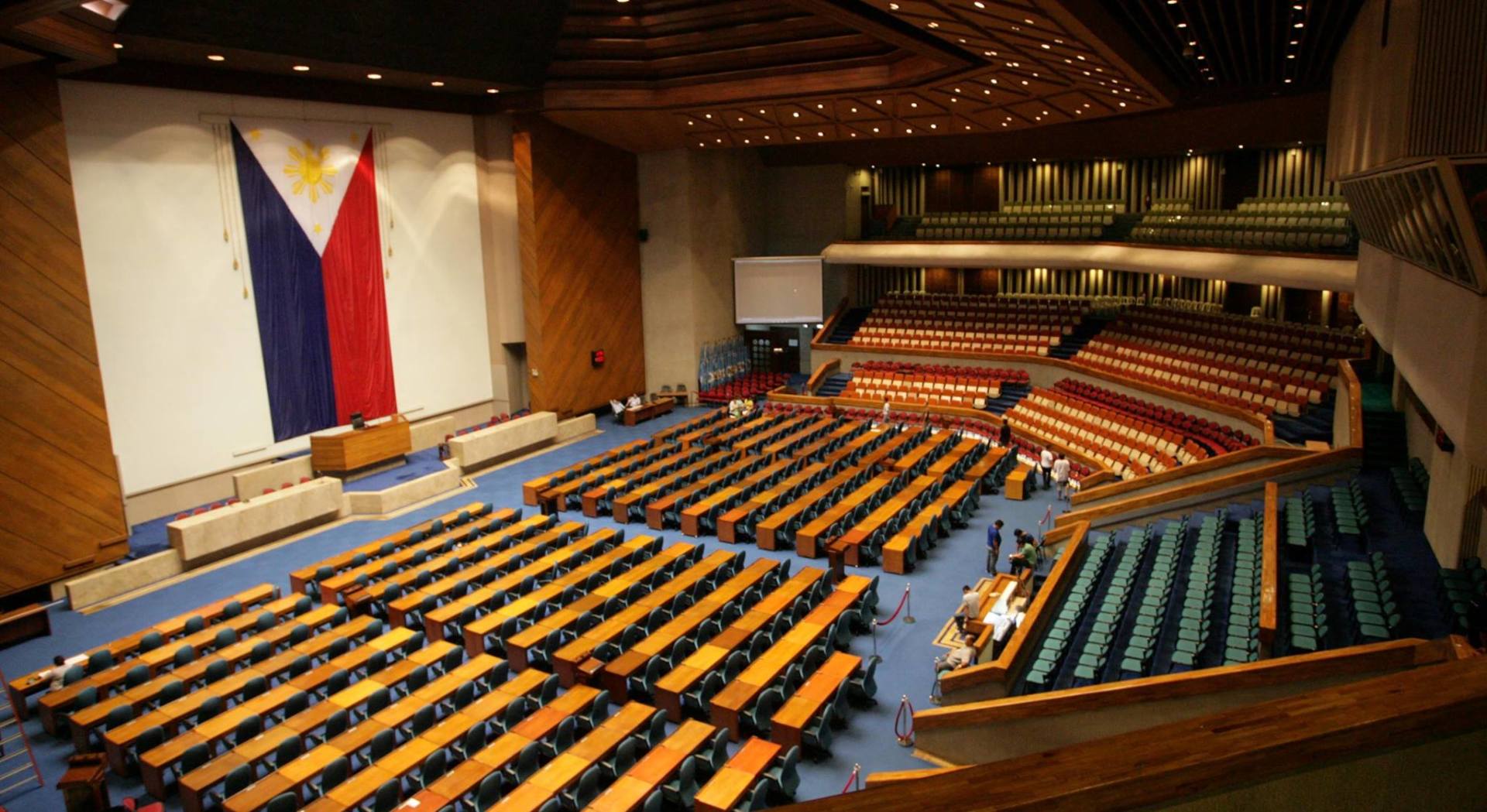Jon Joaquin • June 18, 2020
Congress urged to act on bill decriminalizing libel

Photo Credit: House of Representatives of the Philippines Facebook Page
DAVAO CITY — Bayan Muna Rep. Carlos Zarate has called on Congress to start deliberations on pending bills that seek to decriminalize libel and make it a civil case.
“Our current libel laws are draconian and repressive. We should not criminalize an act of expressing an opinion, a right guaranteed by the Constitution,” he said.
The bill decriminalizes libel in accord with the October 2011 declaration of the United Nations Human Rights Committee (UNHRC), which states that the criminal sanction for libel in the Philippines is “excessive” and in violation of the International Covenant on Civil and Political Rights (ICCPR) of which the Philippines is a signatory.
The bill notes that current libel laws are used by public officials as “a tool to cow and muzzle an independent press,” and “to harass and silence critical and opposing voices.” It also says the threat to the people’s right to free expression and free press “has even become more serious and real” with the passage of Republic Act 10175 or the Cybercrime Law of 2012.
The bill however assures that a person who has been libeled by the media can still file for damages based on the Civil Code of the Philippines.
The libel decriminalization bill was first filed during the 14th Congress by then-Bayan Muna Rep. Satur Ocampo, who refiled it in the 15th and 16th Congress. Zarate filed it as House Bill No. 1008 during the 17th Congress and then refiled it in the current Congress as HB No. 3455.
Zarate said the bill has remained at the committee level so far.
Cagayan de Oro City Rep. Rufus Rodriguez meanwhile proposed to amend the Cybercrime law specifically its prescription period.
Rodriguez’ bill, HB 7010, requires accusers to file a complaint within one year of the alleged cyber offense, otherwise the charges will no longer be accepted by courts.
Zarate’s and Rodriguez’ actions follow the conviction of Rappler CEO and executive director Maria Ressa and former Rappler researcher-writer Reynaldo Santos Jr. by a Manila Regional Trial Court for cyber-libel last June 15.
Businessman Wilfredo Keng filed libel charges against Rappler in 2017 for an article written in 2012. Rodriguez said the alleged crime stemming from the article had prescribed in May 2013 under the Revised Penal Code. Since Rappler republished the article in 2014 to correct an error, Keng had only until February 2015 to file a complaint.
“RA No. 10175 (the basis for Ressa’s conviction) did not provide for any prescription for punishable acts in said law. The Department of Justice used in court RA No. 3326, which provides that for any other offenses punishable by imprisonment for six years or more, the prescription period is 12 years,” Rodriguez added.
He added that former Supreme Court Associate Justice Antonio Carpio agreed that the 12-year prescription period was applied to Rappler’s case.

